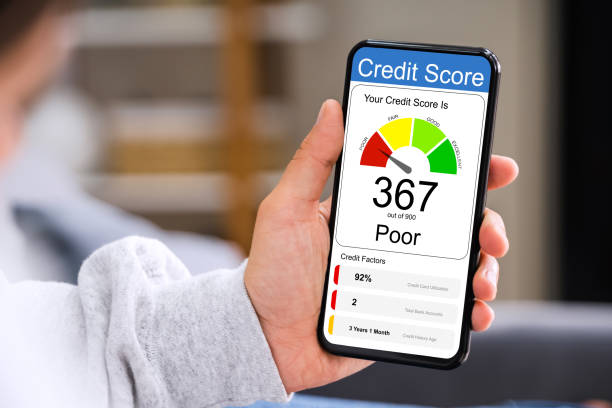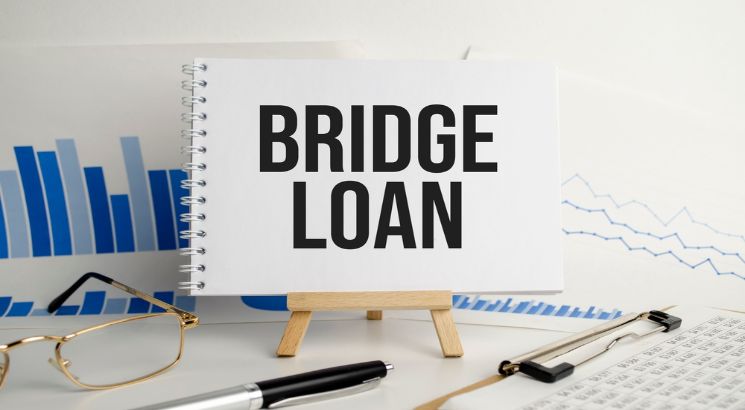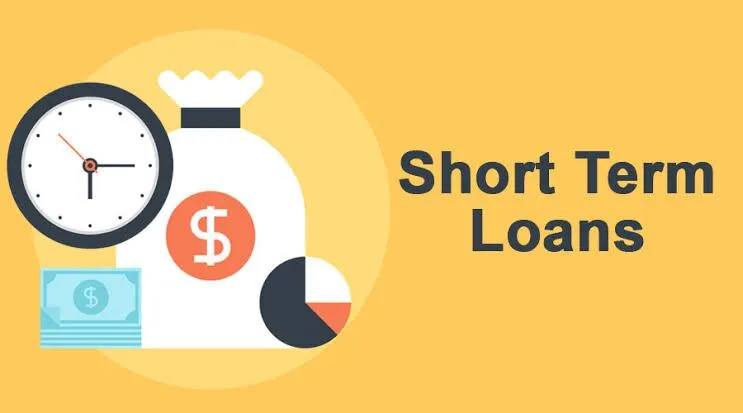
If you have taken on a couple of debts and are now struggling to repay them on time, you will likely think of taking out a personal loan. These are large loans to consolidate multiple debts into one, so you do not have to juggle between different due dates.
You will probably have signed off on these loans, and then you will make payments in monthly instalments. This sounds great and quite more affordable than managing individual debts separately, but is it not too good to be true?
Whether you should apply for a debt consolidation loan or not, it depends on the types of credit you have. In addition, you also need to have a fair credit rating and strong repaying capacity.
A general rule of thumb says that you should never borrow more money to pay off your existing dues because doing so will trap you in the cycle of robbing Peter to pay Paul.
A consolidation loan to pay off credit card debt
If your credit card bills have ballooned into unaffordable debt, you will likely think of taking out a personal loan to pay off the balance once and for all. However, you will need to look at the interest rate and terms you will qualify for.
It also depends on your credit score whether you will be eligible for a personal loan, also known as a consolidation debt, if you merge several credit card balances. Of course, if your credit rating is good, you will likely avail of lower interest rates.
The main benefit of taking out a consolidation loan is that you will make payments over a couple of months. It can prevent your credit rating from falling further down. Now the question is if it makes sense to take out a personal loan to get rid of credit card bills.
It is only possible to borrow money to pay off the balance if you are able to avail yourself of lower interest than the credit card debt. Personal loans for bad credit are usually expensive. If your credit rating is already poor, it is unlikely that you will get an affordable deal.
What if a personal loan is expensive?
However, sometimes getting a personal loan despite a good credit rating can be a bit expensive. Make sure that you compare the interest payment before arriving at a conclusion. If your credit card issuer does not allow you to repay the debt in instalments, you should seek approval for minimum payments.
Peruse your monthly budget to see how much you have to pay every month after meeting all of your essential expenses and propose your repayment plan to your lender. However, interest will accrue over the unpaid balance.
If the size of monthly payments leads to a slight drop in your outstanding balance, it will take years to settle the account. Then, the best alternative is the settlement through a personal loan.
It will be more expensive compared to the outright settlement of credit card debt, but it is more affordable than making minimum payments. You will likely be able to get rid of the debt within months.
A consolidation loan to merge different types of accounts
If you have credit cards, payday loans, and bad credit loans you will likely find it a tough job to keep up with payments. If you do not settle the debt on time, you will end up rolling over the loan, adding up the cost of the debt. Credit card bills accrue interest per-day basis.
There is no denying that you should consolidate all of these loans into one bigger loan, called a personal loan. However, it could be challenging to qualify for a personal loan to settle all of these outstanding dues.
You will be charged a higher interest rate if you already have a bad credit rating. It is likely that the monthly size of the payment is big enough that you cannot meet your essential expenses.
If so, you will have to drop the idea of consolidating your outstanding accounts. However, you can ask your lender to extend the repayment length. When the repayment term is extended over a couple of months, the size of monthly payments will reduce.
Note that now you will be paying higher interest in total. When the repayment term is extended, the interest automatically gets accrued on the unpaid balance, which means more interest payments in total.
What if you are tuned down?
If you are turned down, you should see other alternatives. You will have to make a repayment strategy that helps clear your dues. Each type of debt works differently, and therefore, you will have to prioritise the debt.
For instance, credit card bills and payday loans are very expensive, so you should try to get rid of them as soon as possible. If possible, take out a personal loan to settle only credit card bills, provided you are unable to get money at a lower interest rate.
Since you will be paying off this debt over a period of months, you can avoid accrued interest. This is a much cheaper alternative. Do not forget that you are to pay payday loans and other forms of debt into the bargain.
Look at your bank statement and see if you are unable to make payments toward these debts along with a personal loan. Try to cut back on all discretionary expenses, and if possible, downsize your lifestyle. For instance, use public transport rather than your personal car.
Talk to your lender and convince them if they are ready to accept minimum payments. If possible, you should talk to them to grant payment holiday. However, there are bleak chances that you will get the approval for a payment holiday.
The final word
You can pay debts through personal loans as long as it helps save money in interest. Otherwise, you will have to seek other alternatives, like clearing the dues by making minimum payments, or you may have to seek a payment holiday.

Jessica Rodz is the Senior Content Writer at Cashfacts. She has a long career in the field of content writing and editing. Jessica has the expertise in the UK lending marketplace where she has worked with 7 different lending organisations and acquired many responsibilities from preparing loan deals and writing blogs for their websites.
At Cashfacts, Jessica is managing a team of experienced loan experts and doing a major contribution in guiding the loan seekers via well-researched blogs. She has done graduation in Business (Finance) and now currently doing research papers on the UK financial sector.





